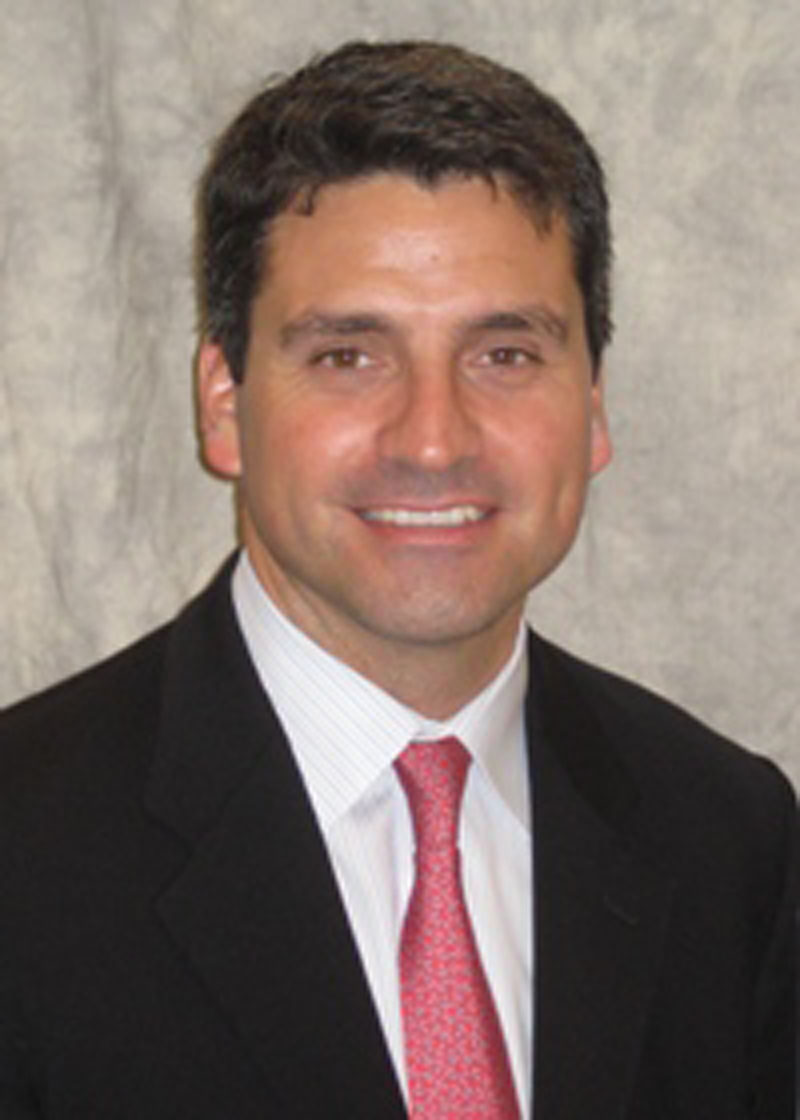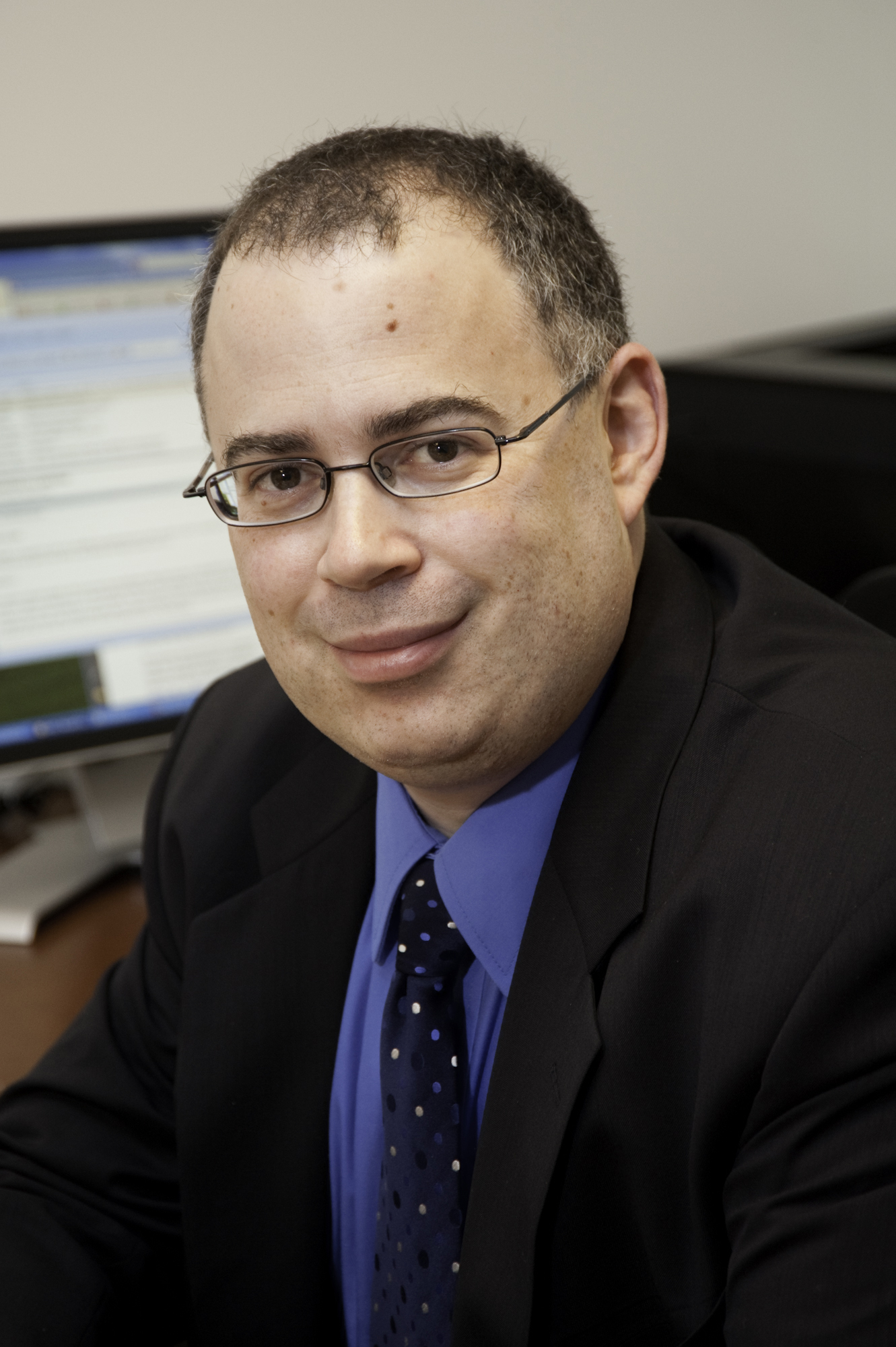Trevor Neilson, Hollywood’s King of Philanthropy, deserves credit for one thing: According to Mayor Mike McGinn, it was a Tweet from Neilson that prompted Friday’s press conference at City Hall on the need for more cooperation in the fight against underage sex trafficking.
But that’s where the credit stops. Because Neilson’s Tweet to McGinn wasn’t just a bid to draw more attention to a worthy cause. It was part of a larger campaign to divert attention from his own shoddy work.
In our cover story last week (“Real Men Get Their Facts Straight”), we reported on Neilson’s work with Ashton Kutcher, the lovable doofus who first came to prominence on That ’70s Show. Neilson, a celebrity charity consultant who advises stars like Madonna, helped Kutcher and his wife Demi Moore start the DNA Foundation, a nonprofit devoted to ending sex trafficking.
The intent was good. The execution was not.
As part of a media blitz to promote their bizarre “Real Men” campaign, which featured celebrities like Justin Timberlake doing inane things like making grilled-cheese sandwiches with a hot iron, Neilson fed Kutcher and Moore some frightening numbers. The most frightening: an estimate of 100,000 to 300,000 child sex slaves in the United States today, a figure the celebrity couple then repeated during an appearance on CNN.
For a PR guy like Neilson, a former spokesperson for Seattle Public Schools who now pulls in $200,000 a year as a consultant, slipping Kutcher and Moore the eye-popping number was a no-brainer. Newspapers have a hard time ignoring celebrities as it is. They have an even harder time ignoring celebrities who say there are enough child prostitutes in America to fill three Rose Bowls. And sure enough, the shocking figure was reprinted as gospel in many major American dailies, including The New York Times.
The only problem was that Neilson’s scare-stat came from a scientific study that was anything but scientific.
As we reported in the story, the “100,000 to 300,000” figure actually refers to the number of children whom two University of Pennsylvania professors consider to be “at risk” for sexual exploitation—a number that includes any teenager who has ever run away from home, even for just an hour. Not only that, the study was mostly based on anecdotes, not hard data. As one concerned professor told us, “It has no scientific credibility.”
Kutcher and Moore deserve credit for lending their celebrity to a worthy cause. They also deserve credit for hiring a guy like Neilson, who, you have to assume, they thought would school them on the fundamentals. But that’s where the system broke down.
If you’re a high-priced consultant, it’s your job to get the numbers right. It’s not your job to say “I don’t frankly care if the number is 200,000, 500,000 or a million or 100,000,” as Neilson’s wife and co-worker, Maggie, told us.
The consequences of one big, well-intentioned white lie can be grave. Inflated stats like the figure Neilson had Kutcher and Moore cite help explain why there are a glut of government programs which purport to help the cause, yet don’t do anything for the actual victims.
Instead, groups like Shared Hope International—an organization DNA promotes that’s run by ex-Washington congresswoman Linda Smith, who once tried to make consensual sex between teenagers illegal—get paid handsomely to coordinate awareness campaigns, while zero dollars are directed to concrete solutions like shelters and counseling. (For that kind of assistance you have to look elsewhere, like Senate Bill 596, which both we and Kutcher support.)
Instead of acknowledging the bogus stats and the damage they’re causing, however, Neilson went on the defensive, taking to Twitter to try to “expose” Seattle Weekly‘s connection to Backpage.com, an online classifieds site that, like this paper, is owned by Village Voice Media.
In no fewer than 100 Tweets, Neilson attempted to contact every major media outlet and elected official in the Pacific Northwest in an effort to get them to report on our connection with Backpage. Mayor McGinn was one of those elected officials, and at Friday’s press conference he said Neilson’s Tweet prompted him to call Police Chief John Diaz, to, in his words, “see if this was a problem.”
Diaz came back with a number: four. That’s how many underage girls who’ve been linked to Backpage have been recovered so far this year by the Seattle Police Department.
Four is obviously four too many. And it’s heartening to know that McGinn wants to improve the ways in which Backpage and the police department can work together to catch those exploiting vulnerable kids—a task it’s been working on for some time now.
Backpage is based in Arizona, and has a staff of 123, most of whom are there to screen every adult or personal ad. When one of those employees sees an ad that looks suspect, he or she alerts the National Center for Missing and Exploited Children, which then calls local law enforcement. (This daisy chain of aggressive reporting happened 230 times just last month.)
What happens next often involves a subpoena, which Backpage aims to turn around in a matter of hours, not days. In fact, at the press conference, Lt. Eric Sano of the Vice/High Risk Victims Unit went out of his way to praise how “very quick and very cooperative” Backpage is in assisting his department. He also added that because Backpage requires a valid credit card—an easily traceable piece of evidence—investigating sex-trafficking cases from Backpage is a lot easier than it is with other sites.
Neilson, presumably, knows none of this. Though he might have if he’d bothered to call Carl Ferrer, the man who runs Backpage (and who also travels from city to city, having the kind of sit-downs with local law enforcement that McGinn requested).
Maybe Neilson will pass on this new information to Kutcher, his client—along with the fact that Backpage has tried to get an audience with the star for months. But judging by the way Neilson has handled facts in the past, you’d be smart not to hold your breath.







